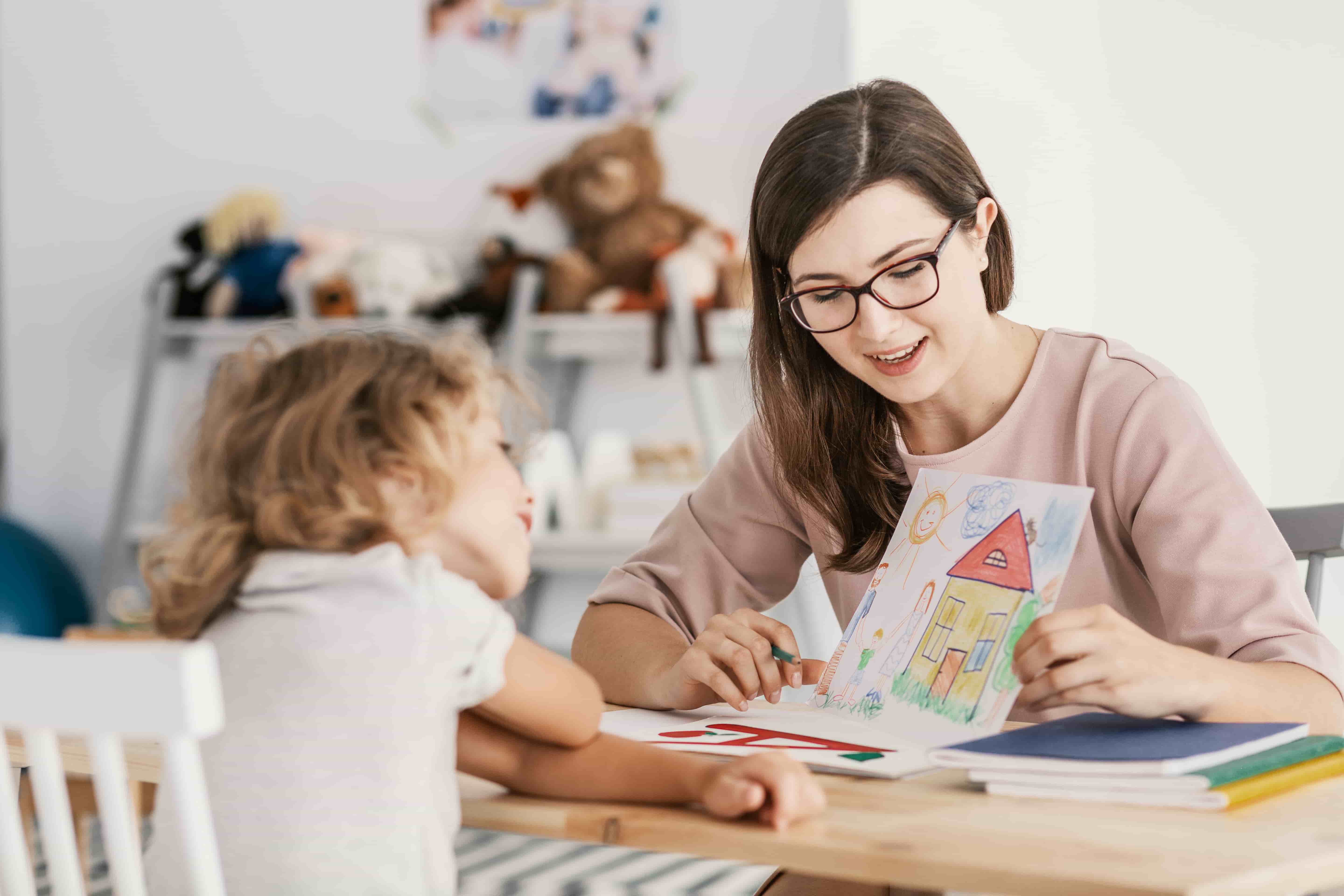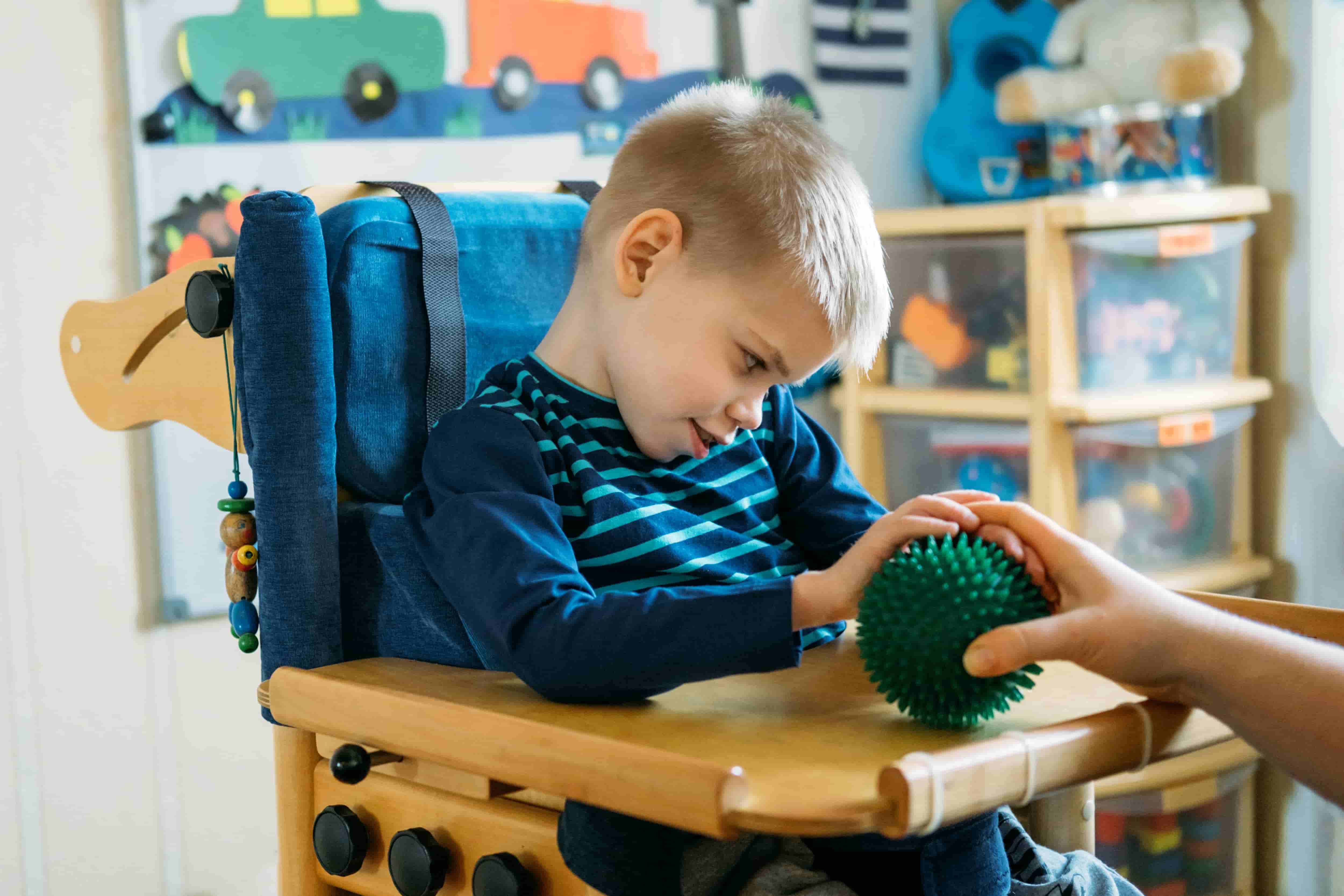
Special Needs Parents – Fear, Grief, Despair and Depression
Every parent treasures those valuable moments, their child’s first day at school, birthdays, vacations and plenty of other special moments. With a disabled child, this can be more challenging.
I would like to introduce you to my daughter, Shwetha, who is 13 and has condition known as Dyskinetic Cerebral Palsy. There are other types of Cerebral Palsy beginning with a low rate of dependency to a high rate of dependency giving a limited lifestyle. Shwetha’s Cerebral Palsy has a high rate of dependency, is wheelchair bound and non-verbal. She requires different medicines to keep her seizures under control and requires 24/7 care with her everyday life.
Often, I don’t feel completely relaxed in my own house as most of the time Shwetha would require assistance from either a caretaker or a therapist. In their absence, myself or my husband, have to stop what we do and attend to her needs. I and my family are very fortunate to get support from caretakers. Being able to cook for my family or take my other daughter to her dance class knowing that Shwetha is being looked after is just amazing.
Like us, many other parents of children with special needs generally make their way through a journey of grief which might include the following feelings:
• Anger
• Fear
• Denial
• Depression
• Anxiety
Every person will experience grief in different ways. Every stage of our journey may not happen in a similar order as above. Few stages may go away only to return when our child has a difficulty and there is no right or wrong way to experience grief. Communicating to our loved ones, friends and family members to express our grief has helped us immensely.
Majority of our children with special needs would be dealing with lifelong conditions. It’s not like they have fever, will take a tablet, get better and then life will go back to being all normal again. After crossing the grieving period, many parents of children with special needs may continue battling with an ongoing depression, because our lives are changed forever.
Few personal ideas that can help special needs parents through depression and grief:
1. It is absolutely vital for parents and caretakers to make time for ourselves. From my personal experience, this is easier said than done. But, at times locking ourselves in our room just for few minutes reading a magazine or having a good cry is what we need to catch our breath and carry on.
2. Take part in support groups. Talking about our difficulties with others who can understand us is essential for processing through to a healthy emotional life.
3. Seeking professional help, even if we think we’re doing fine on our own or that our depression is not severe enough, will help us considerably. This can help us sort through and process our feelings and emotions, and gets us back on track to feel better about coping with life.
Few days we may feel nothing but despair and discouraged, but I assure you that some day we will feel happy and hopeful again. Though they may be different from what we had imagined, I also assure you that your child will one day experience victory, reach goals, achieve many accomplishments, meet milestones and on top of all live a happy, satisfying and productive life.
Disclaimer: I am not a mental health professional or a doctor and the above information should not be mistaken as medical advice or treatment. Please consult a doctor or healthcare professional for treatment if you are suffering from depression as parents of special needs children.
Chetna Foundation has special sections with information for families of children with disabilities, broadens your understanding of the disorder, offers resources and updated guidelines for diagnosing and treating Cerebral Palsy.
| Tweet |





